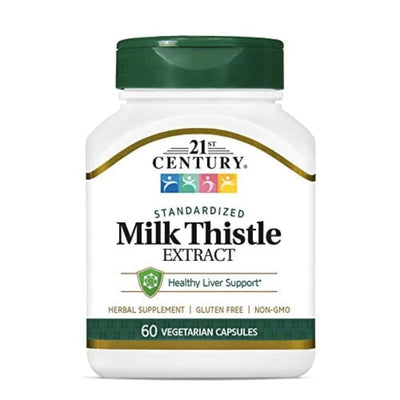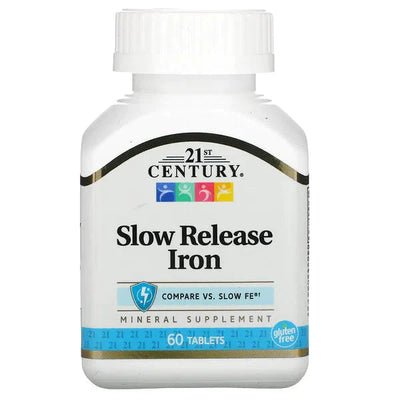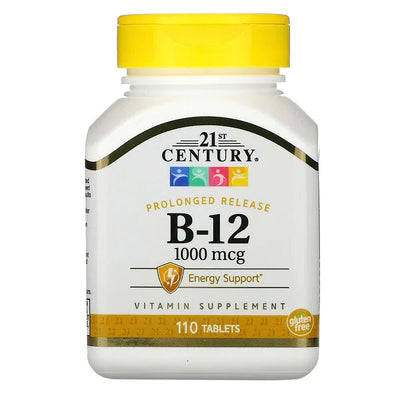
BCAAs and Powerlifting: Supporting Strength and Explosive Performance
The Role of BCAAs in Powerlifting
BCAAs, comprising leucine, isoleucine, and valine, play key roles in muscle metabolism and are directly involved in muscle protein synthesis. Here's how they help powerlifters:
Enhanced Muscle Recovery
Powerlifting subjects muscles to intense stress, leading to microtears that need repair. BCAAs stimulate muscle protein synthesis, which is essential for repairing these microtears and building muscle strength. Faster recovery not only helps in reducing downtime between training sessions but also decreases the risk of injuries, allowing for more consistent training.
Energy Production During Workouts
While powerlifting primarily uses the phosphagen system for energy, BCAAs serve as an additional energy source during prolonged or particularly intense training sessions. They can be oxidized in the muscle to provide energy directly where it's needed, helping to sustain performance throughout a workout.
Reduction of Muscle Soreness
BCAAs can decrease muscle damage incurred during high-intensity training. This reduction in damage is linked to decreased delayed onset muscle soreness (DOMS), allowing powerlifters to return to training sooner and with less discomfort, thereby improving the quality and frequency of training sessions.
Optimizing BCAA Intake for Powerlifting
To leverage the full potential of BCAAs, powerlifters should consider their timing and dosage:
Pre-Workout
Consuming BCAAs before training can prepare the muscles for the intense stress of lifting heavy weights. It helps to reduce protein breakdown during the workout and provides an additional energy source to support short bursts of power.
Intra-Workout
Sipping on BCAAs during workouts can continuously fuel the muscles and delay fatigue. This is particularly beneficial during longer training sessions or when performing high-volume sets.
Post-Workout
Taking BCAAs immediately after training kickstarts the recovery process by enhancing muscle protein synthesis and reducing protein breakdown. This quick initiation of muscle repair is crucial for effective recovery.
Continuous Supplementation
Regular BCAA supplementation, even on non-training days, can help maintain muscle tissue quality and support overall muscle health, which is vital for long-term strength gains and injury prevention.
Recommended Dosage
For powerlifters, a dosage of 10-20 grams of BCAAs per day, divided between pre-, intra-, and post-workout, is generally effective. However, individual needs can vary based on body weight, the intensity of training, and dietary intake.
Conclusion
For powerlifters looking to maximize their strength and performance, BCAAs offer considerable benefits. They support the intense demands of training by enhancing recovery, reducing soreness, and providing additional energy. By strategically incorporating BCAAs into their nutrition regimen, powerlifters can improve their ability to train hard, recover fast, and perform at their best. Always consider consulting with a nutritionist or sports performance specialist to tailor your BCAA intake to your specific training needs and goals.
- #bcaa
- #bcaas
- #BODY BUILDING
- #bodybuilding
- #Deals
- #discount
- #hydrated
- #hydration
- #Muscle recovery
- #ringwood
- #sale
- #springvale
- #supplement
- #supplement shop
- #supplement store
- #supplement store near me
- #supps247
- #vitamins and minerals
- #WEIGHT LOSS
- #WEIGHT LOSS SUPPLEMENT
- #whey protein
- #whey protein isolate
Share



















